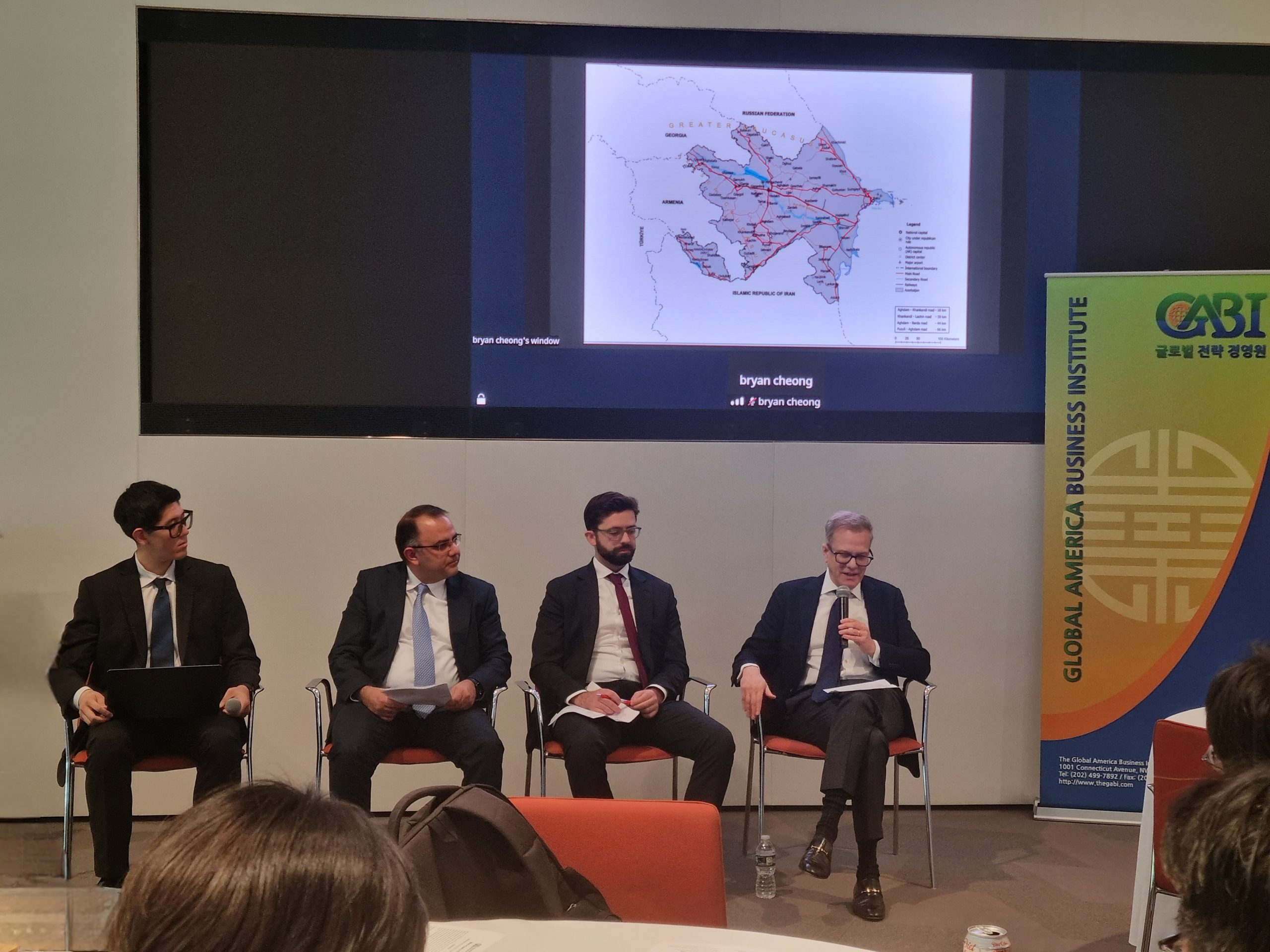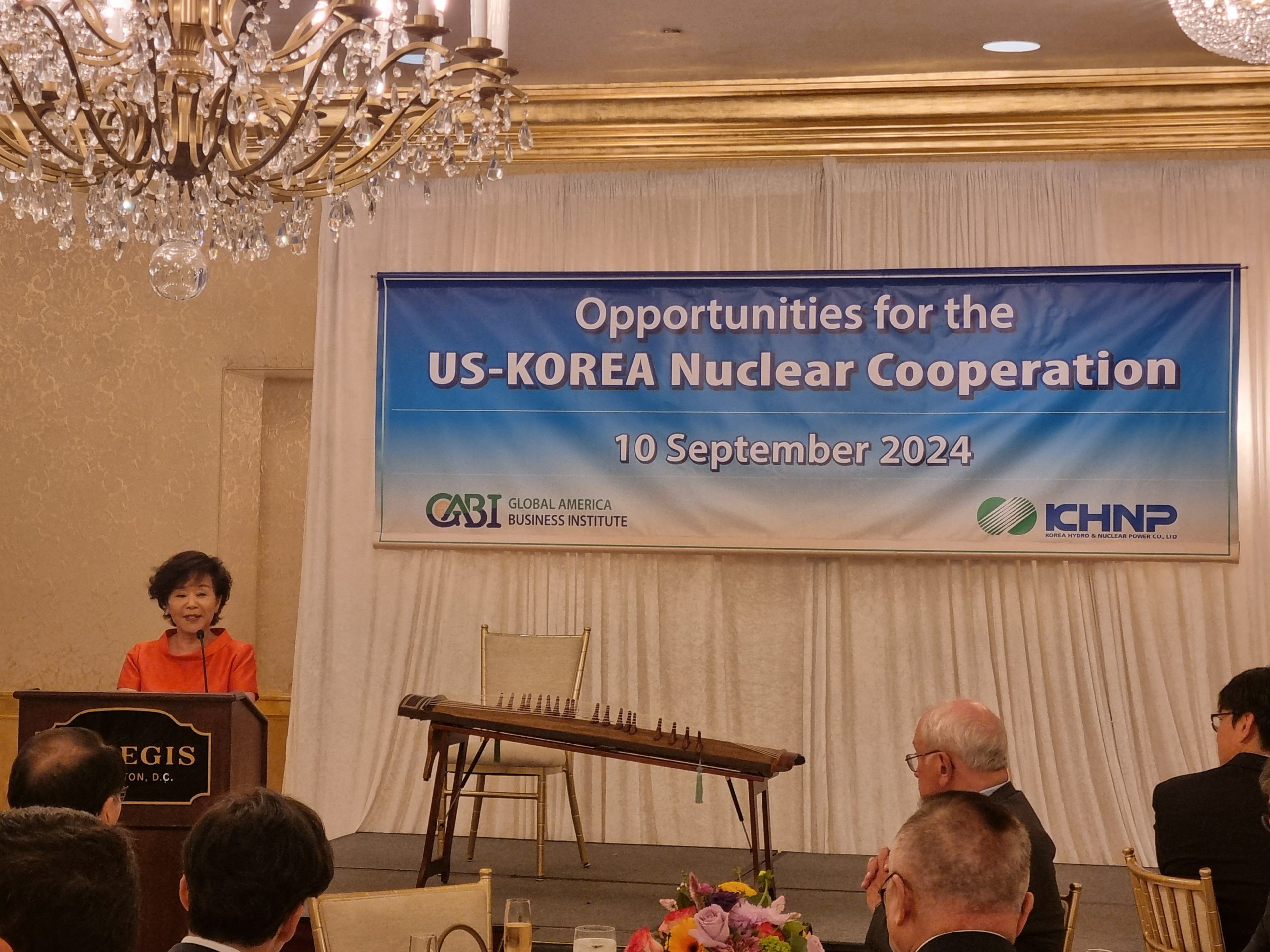Although nuclear power generates about 20% of U.S. electricity and almost two-thirds of the country’s carbon-free electricity, much of the domestic fleet is under threat of premature closure because current policies and market structures do not adequately value the myriad benefits of nuclear in producing clean, reliable, and affordable energy. Deregulated electricity markets have failed to reward nuclear power for its significant advantages, and injudicious state and federal policies have further distorted the market against nuclear. As a result, nuclear power plants have struggled to remain economically viable and competitive with other energy sources, leading plant owners to prematurely and permanently shut down operable reactors. Premature nuclear plant retirements have had a number of undesirable consequences, perhaps most notably increases in carbon emissions: California and Vermont both experienced significant carbon emissions increases because shutdown nuclear plants in those states were primarily replaced by fossil fuel generation. Moreover, U.S. nuclear shutdowns have led to losses of hundreds of skilled jobs, deleterious effects to local economies, and negative impacts on energy reliability and grid stability.














